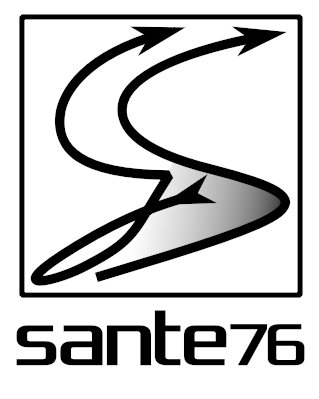After discussing invoices and copyright, it’s time to clarify once and for all whether you can actually sell your game without having a formal company. To understand the logic behind selling any product, including video games, one simple fact stands out: the end user, in countries with VAT systems, will always have to pay VAT. That’s non-negotiable.
Now, if you have a formally established company… do I even need to tell you? You already know the answer: you can sell whatever you want, as long as it’s compatible with your legal status. You issue invoices, and your accountant handles the rest. End of story.
But let’s not forget that VAT isn’t universally present. In fact, some countries, like the United States, don’t have VAT at all. They have something similar, called “sales tax,” but this is applied on a state-by-state basis, rather than at the federal level. (And yes, the U.S. is a federation of states, not a single unified country, when it comes to sales tax.) This is also why some U.S. online stores might ask you not to send invoices: it doesn’t matter in their legal system, and they don’t want unnecessary paperwork.
If a U.S. company wants to sell to countries where VAT is in effect, it must ensure VAT is properly collected and paid. So, for instance, if I, as an Italian, purchase a game from a U.S. store, the store will charge me the base price plus 22% VAT, which is Italy’s current rate. That 22% will then be forwarded to the Italian government via international agencies. A Canadian would pay a 5% VAT that goes to Canada, and a Bermudian wouldn’t pay any VAT because, quite simply, it doesn’t exist there.
If someone tries to avoid paying VAT by using a proxy to bypass the tax, they should understand they’re doing a disservice to their own country, not to the country from which they’re buying. Their “foreign” status won’t protect them from legal consequences in their home country.
The true value of online stores
When talking about online stores in the video game industry, two big names inevitably come up: Steam and Epic Games. The previous paragraph only scratches the surface of the complex world behind international transactions. In reality, this is a much more intricate issue than most people realize. Sometimes, you might even need to open a VAT registration in a foreign country just to sell there.
This is where the true value of online stores becomes evident. These large companies often have offices strategically placed worldwide to handle specific markets. They are not simply vendors; they act as international brokers. By selling through these platforms, the complexity of international transactions is simplified to a manageable B2B (Business to Business) relationship with just one entity: the online store itself. Given that even large game studios rely on these services, it’s clear how advantageous this approach is. Selling through platforms like Steam or Epic Games means most of the logistical and legal work is handled for you.
However, this service comes with its own set of exceptions. For example, if a developer decides to launch a platform offering subscription services, they won’t be able to sell this service through stores like Steam. In such cases, they would need to handle all international billing themselves. There are other entities that, like Steam and Epic Games, assist with international relations, even for products outside the video game industry—some specialize in specific sectors like publishing, while others are more generalists.
Selling without a business
So, can someone without a formal business sell a product? The technical answer would be no. But here’s where the earlier discussion about copyright comes into play… Remember the Berne Convention? If you’ve created a video game, you automatically hold its copyright. Technically, without a business, you can’t sell it directly. However, you have the right to grant others the ability to profit from your work, either for free or for compensation. In simple terms: yes, you can sell, but it’s not called “selling” in the legal sense.
When you publish a game on Steam as an individual, the store sells the product on your behalf, while you receive royalties for your copyright. Here’s the key point: you can’t technically sell the game, but you can earn royalties. For practical purposes, VAT, invoicing, and sales don’t concern you, because the online store handles those matters. However, when you receive your earnings, you’ll likely need to pay taxes in your home country. It might be a good idea to consult an accountant. Once again, laws differ from country to country, so there’s no universal solution.
Beware of pitfalls
So, can you really sell anything without a business? The answer is still no. Copyright allows you to grant others the right to use your work for profit, but there’s a catch: many modern video game monetization strategies, such as in-app purchases, ads, or subscriptions, involve selling services, not intellectual works. These services can only be offered by someone with a formal business and, if required, VAT registration. Similarly, you cannot sell your game directly from your personal website, as that would be considered selling a product, which again requires a business.
In short, you can “sell” a video game for a one-time payment. Similarly, you can sell DLC as long as the end-user only pays once for it. The key point is understanding the term “once.” Just like a book…
Top image by MasterTux from Pixabay
